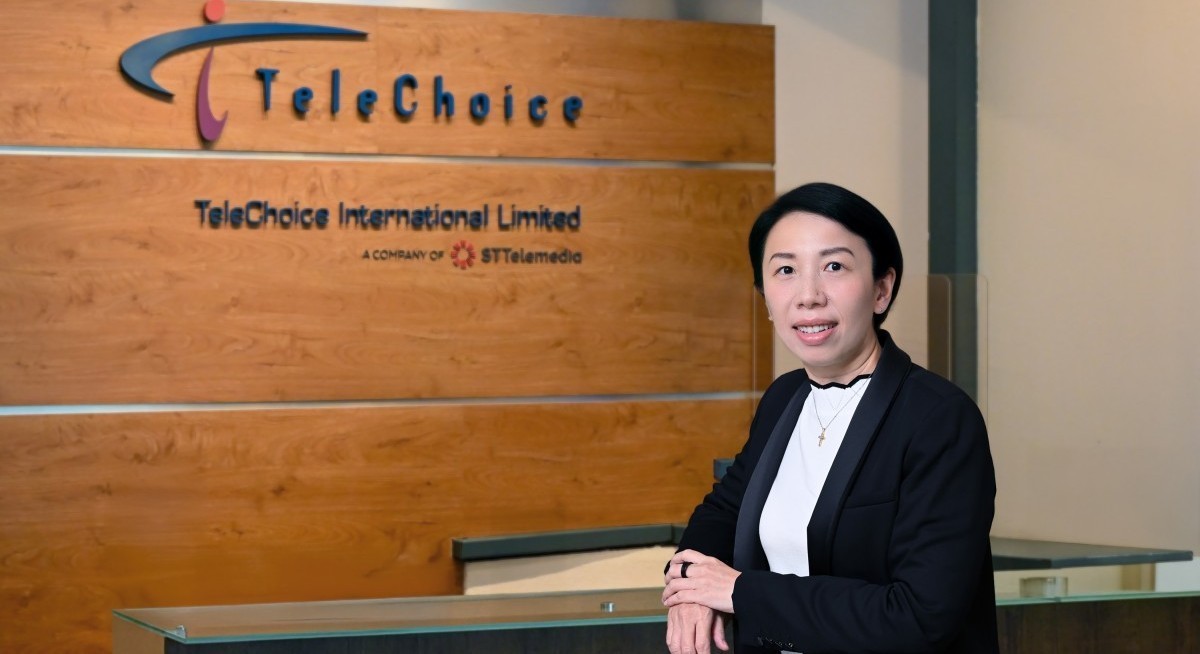TeleChoice’s personal communications solutions (PCS) business segment, which accounted for approximately 73% of its profit before tax (PBT) in the 1HFY2025, operates Malaysia’s Planet Telecom retail chain, manages StarHub Platinum Shops in Singapore, and is also a distributor for its prepaid card business.
TeleChoice is also the full-service distribution, brand marketing, and retail management of Chinese mobile phone player Honor’s products in Singapore. It distributes the handsets of Samsung, another popular brand, as well. In Malaysia, the PCS segment secured a $500 million contract from U Mobile, Malaysia’s third-largest mobile operator, to provide procurement, retail management, and fulfilment services.
TeleChoice’s contract with U Mobile includes a base fee, along with incentives that cover fees for procurement, warehousing, financing, delivery, and returns of handsets to end customers and distributors.
It covers major phone brands, including Apple, Samsung, Xiaomi, Honor and Vivo. Chew notes that although no margins are earned from the handsets, TeleChoice also manages the majority of U Mobile outlets, where it receives a fee for providing services to customers.
See also: Stress test: Analysts weigh in on Tan Su Shan’s first year as DBS group CEO
The contract is for an initial term of two years, which could be extended for an additional year. One key risk identified by the analyst in the fourth-party logistics (4PL) contract is inventory obsolescence.
Next, TeleChoice’s information and communications technology (ICT) segment, which specialises in consultancy, system integration, and comprehensive ICT offerings across digital infrastructure, technology, app services, and communications, made up 17% of PBT in the 1HFY2025.
Its ICT projects in Singapore include storage and server refreshes for enterprises, campus management infrastructure, unified communications and contact centres. Major partners in the space include Avaya, Genesys, Oracle, Huawei, Supermicro and IBM.
See also: ‘Path to breakeven becoming visible’ for MetaOptics
“Revenue is evenly split between hardware, maintenance, and projects. AI and automation projects will be the new growth area for the ICT sector,” says Chew. Last but not least, its network engineering services (NES) segment takes up the smallest share of PBT at 10%. In Indonesia, Malaysia and Singapore, TeleChoice builds and manages telecommunications networks, providing a comprehensive suite of specialised products and solutions to address the network infrastructure needs of fixed and mobile operators.
In Indonesia, it supports the build-out of 5G data centres and the expansion of coverage. With this, Chew sees that the segment’s headcount strength has doubled to 4,000.
He adds that a new area for NES is in the powertrain and structured cabling of data centres in Indonesia, as well as the installation of 5G infrastructure in Malaysia. Overall, about 64% of TeleChoice’s revenue is generated from its PCS segment, with 93% of this being hardware-related.
The other divisions, ICT and NES, contribute 22% and 14% respectively to group revenue. By geography, Singapore accounts for 56% of revenue, followed by Malaysia at 34% and Indonesia at 10%. Chew notes that the 60% increase in FY2024 revenue was primarily due to a 116% y-o-y surge in PCS revenue, while the ICT and NES segments grew at a more modest 12% and 7% respectively.
Chew notes that a large proportion of TeleChoice’s assets are in trade and other receivables at 46%, with the balance in inventories at 22% and cash at 19%. “There is minimal need for fixed assets in the business. Trade and other receivables have doubled to $92 million in the FY2024, primarily due to the U Mobile contract for purchasing handphone supplies.” Meanwhile, he adds that free cash flow has been “largely negative”.
“The losses over the past 4 years have resulted in a cumulative $23 million in negative free cash flow. Despite returning to profit in FY2024, working capital needs were negative due to a $53 million increase in trade receivables and a $9 million rise in inventories.
Part of the drawdown in working capital was offset by $35 million in trade payables,” writes Chew. Chew sees “no direct comparables” for TeleChoice when valuing the company.
His 15 times P/E ratio FY2025 valuation is based on SGX-listed proxies in system integration and software companies. “We expect TeleChoice to enjoy stable earnings growth from 4PL as handset demand rises from new U Mobile subscribers, increasing postpaid plans and expanding branch network. TeleChoice’s business model is fixed asset-light with 17% return on equity. We think the ownership by ST Telemedia is an advantage for future growth opportunities,” says Chew.




